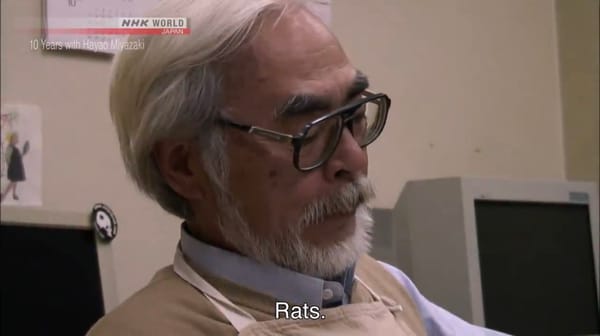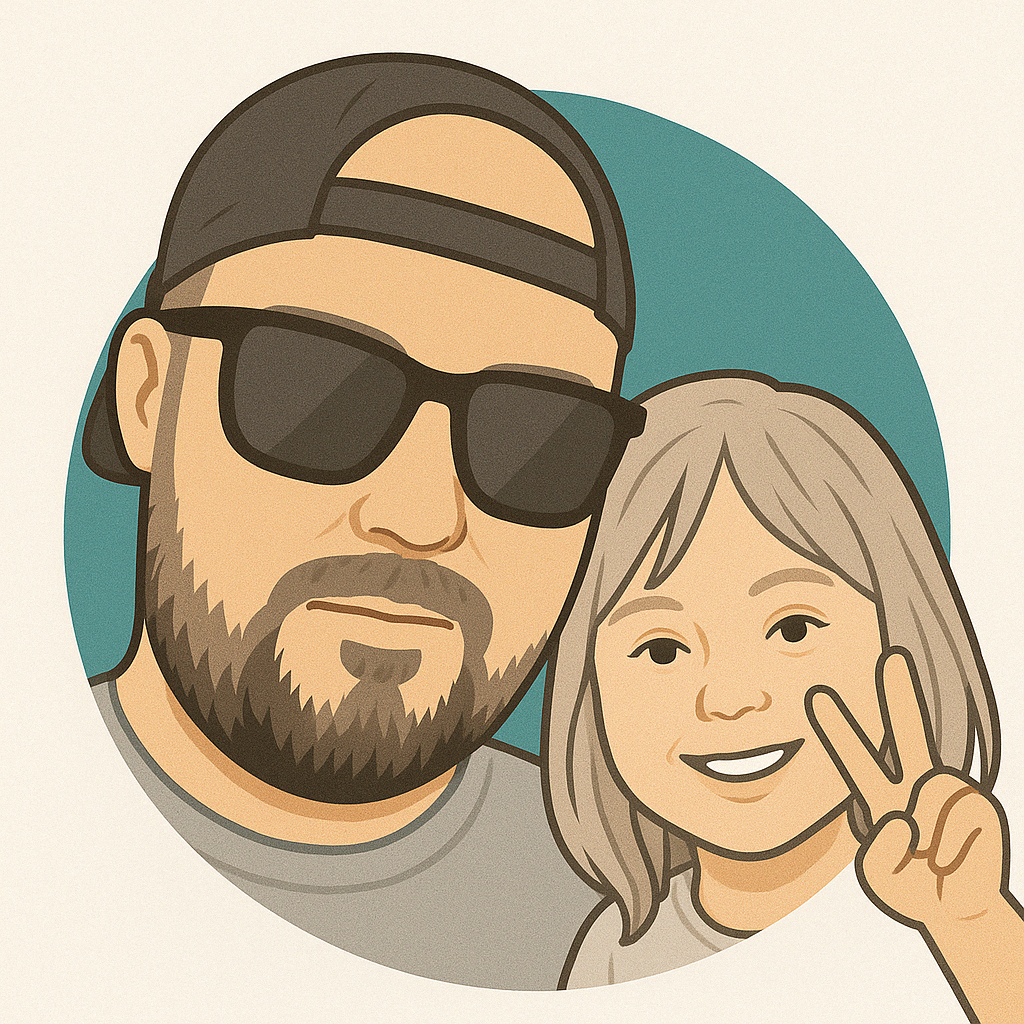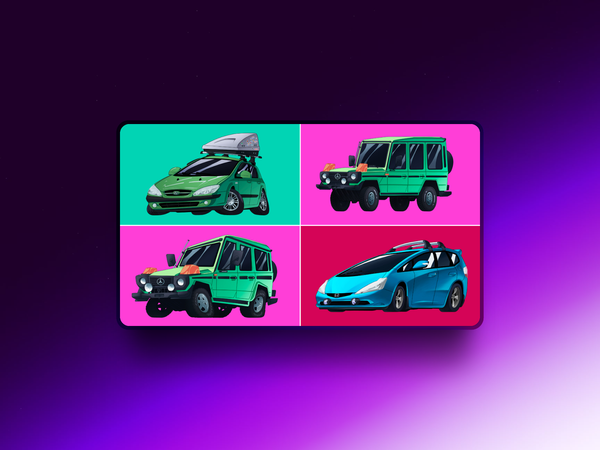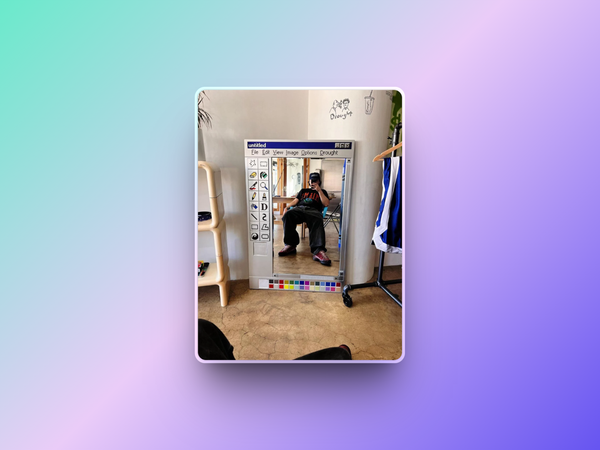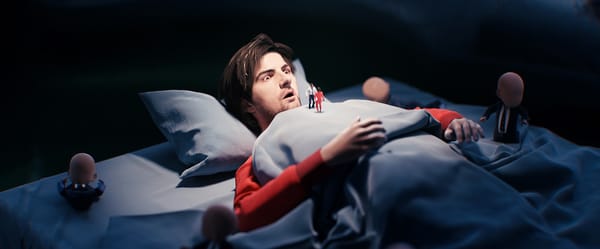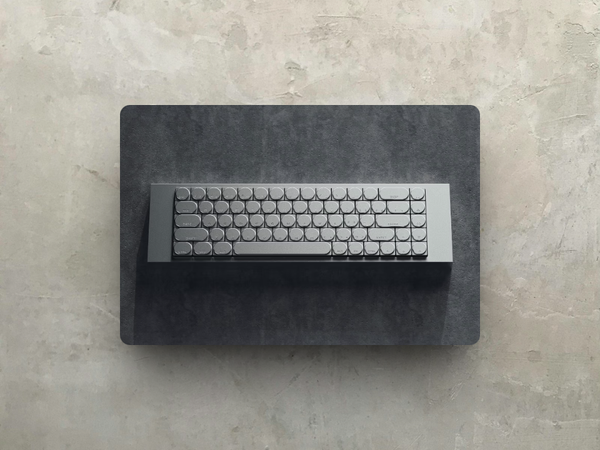A political debate in Japan has started over something you wouldn’t expect—AI art that mimics Studio Ghibli’s style.
The internet exploded a few weeks back with AI-generated images that looked like they came straight from a Ghibli film. Think sweeping landscapes, soft watercolor palettes, and the kind of charm that only Ghibli nails.
The tech was impressive, but not everyone was thrilled. In fact, legendary director Hayao Miyazaki called AI-generated animations "an insult to life itself."
Now lawmakers in Japan are asking a bigger question: is this even legal?
The Heart of the Issue
This isn’t just about fan art or stylistic nods. Politicians are now asking whether "Ghiblification"—using AI to recreate Studio Ghibli’s signature look—crosses into copyright violation.
At a recent committee meeting, Masato Imai from the Constitutional Democratic Party put the issue on record.
He asked Hirohika Nakahara whether generating images in the Ghibli style breaks any laws. Nakahara said it depends on the details. Mimicking a style might be fine.
But if the final output is too close to Ghibli’s actual content, courts could rule it as infringement.
So, it’s murky. You can copy an idea or style. But copy too well, and you’re in hot water.

Studio Ghibli isn’t just a movie studio—it’s cultural heritage. Films like My Neighbor Totoro, Spirited Away, and Princess Mononoke aren’t just famous; they’re sacred to many fans.
The style itself is deeply tied to Japanese identity, and that’s part of what makes this debate so sensitive.
Japan has strict copyright laws. But style itself isn’t protected—only specific characters, worlds, and artwork are.
That’s where AI muddies the waters. If a machine creates something “inspired by” but not copied directly, is it legal? Or is it a loophole that needs closing?
Right now, no official action has been taken. There’s no lawsuit against ChatGPT or any other platform. But this is likely just the start. Expect more scrutiny, especially if AI-generated content keeps getting better.
This isn’t just about Ghibli. It’s about how we deal with AI and intellectual property in general.
As more artists speak out and lawmakers get involved, countries will have to decide: where do we draw the line between tribute and theft?
For now, if you're making AI art that looks suspiciously like something straight out of Howl’s Moving Castle, maybe think twice before you share it.
Because what started as a cool experiment could soon become a legal risk.

